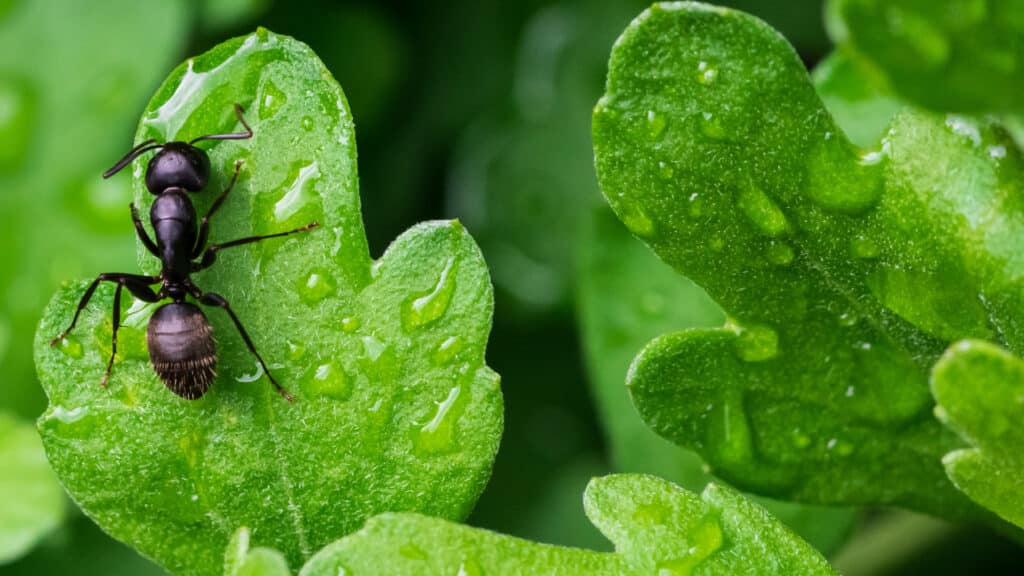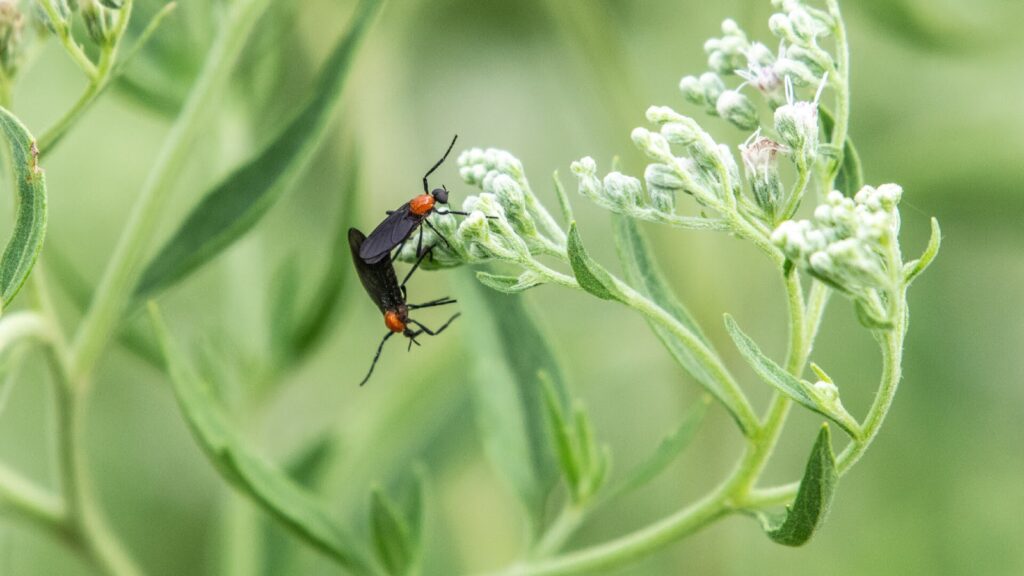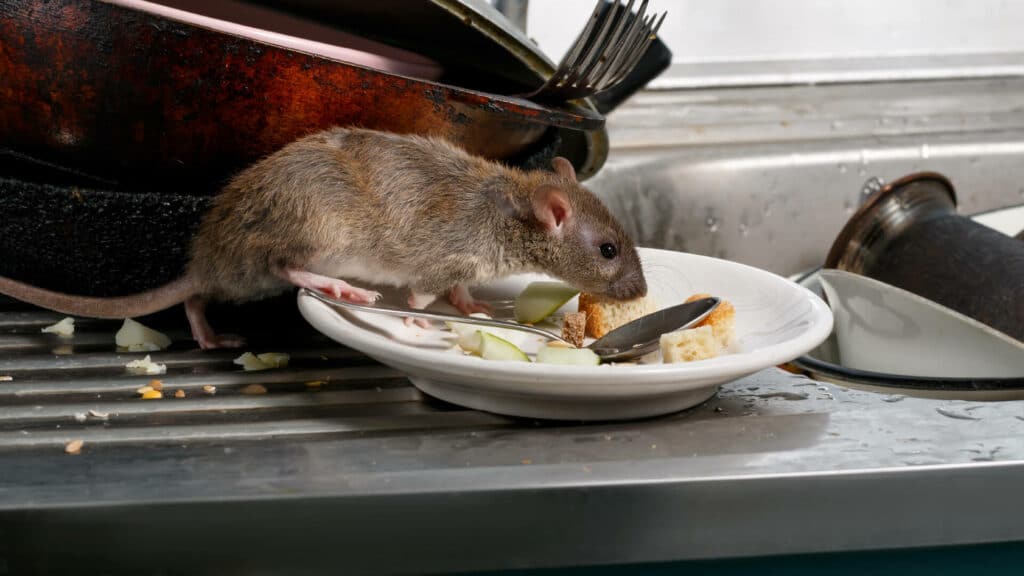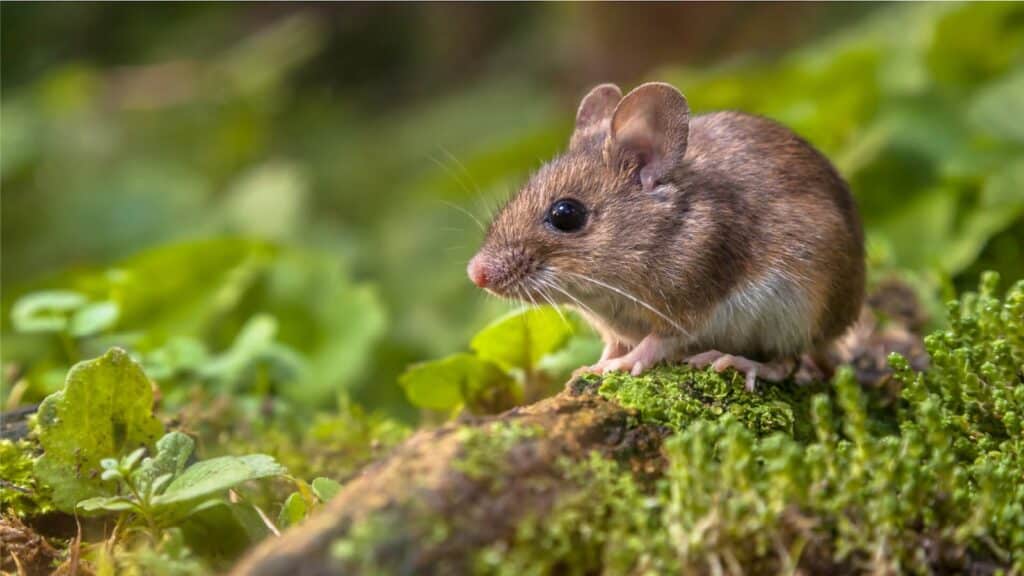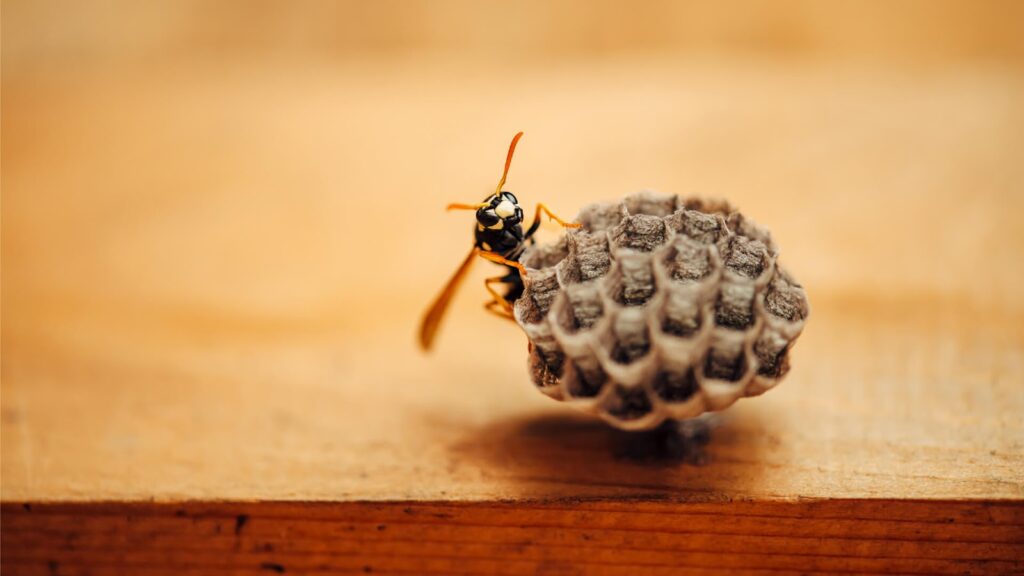The last thing you want is for your home to be overrun with mice and other rodents. They can chew through your walls, leave droppings, and take over your food supply. Not only are they a pesky nuisance, they also can bring multiple diseases that can impact you and your family. These diseases can be spread to humans through handling of live or dead rodents, contact with rodent feces, urine, or saliva, as well as rodent bites.
So let's take a look at the common diseases mice and rodents can carry, how to prevent these critters from entering your home, and the surefire ways to eliminate them if they ever become an infestation.
Common Diseases Carried by Mice & Rodents
If you believe you've contracted one of the following diseases, make sure to seek medical attention as soon as possible.
Hantavirus Pulmonary Syndrome (HPS)
Hantavirus Pulmonary Syndrome (HPS) spreads by breathing in the contaminated excreta from fresh rodent droppings or urine. As one of the most common diseases passed from rodents, Hantavirus pulmonary Syndrome is an influenza-like illness. You'll likely experience headache, fever, fatigue, muscle aches, and abdominal pain in the first stages. More severe symptoms include coughing and difficulty breathing. Unfortunately, this disease has a death rate of 38%, making it one of the deadliest diseases carried by mice and other rodents.
But with due diligence, there are ways to avoid contracting HPS. First, steer clear of rodent droppings if possible. If you notice droppings that need to be cleaned up, always wear a mask and gloves. Once you have your protective gear on, take a wet cloth to wet the area. This will prevent harmful bacteria from being thrown into the air. Using a different damp cloth and disinfectant, pick up the droppings without leaving any behind. Once you dispose of this equipment, make sure to wash your hands thoroughly.
Rat-bite Fever
Rat-bite fever is a disease caused by rodent bites or scratches. However, it's possible to contract it by ingesting contaminated water or food. The typical causative organism varies by geographic region:
-
US and Europe: Streptobacillus moniliformis
-
Asia: Spirillum minus
Similar to HPS, early symptoms include fever, headache, and muscle aches. Painful rashes and swollen joints have also been reported with rat-bite fever. Rat-bite fever is treatable with proper medication. Fortunately, this disease is rare unless you regularly handle rats, live in an infested home, or have a pet rodent.
If you believe you've developed rat-bite fever, your doctor will likely prescribe you an antibiotic.
Leptospirosis
Leptospirosis is a two-phase bacterial disease that comes with various symptoms, which take a few weeks to show. In fact, some people may not experience symptoms at all.
This disease is contracted through skin abrasions and the mucous membranes of the nose, mouth, and eyes. The most common way to be infected is through exposure to contaminated water from infected animals.
After being exposed to Leptospirosis, you may experience two phases of the illness. The first phase comes with a variety of symptoms, including headache, vomiting, jaundice, diarrhea, or rash. In the second phase, symptoms tend to worsen. Kidney or liver failure may develop, which could have lasting effects.
Leptospirosis is treatable with antibiotics.
Tularemia
Tularemia is a disease that affects a variety of animals, but it mostly affects rabbits, hares, and rodents, such as muskrats and squirrels. It can then transmit to humans and house pets like dogs and cats. It can be contracted by consuming contaminated food and water, tick bites, dealing with infected animals, or inhaling the contaminants. Tularemia symptoms differ from the other diseases on this list. Infected patients may experience ulcers, inflammation, and swollen lymph nodes. It's important to note that Tularemia is extremely rare. In fact, there were only 239 reported cases in the United States in 2017.
If Tularemia is left untreated, it may cause lung problems, leading to difficulty breathing, chest pain, and cough, so it's best to seek medical attention if you're experiencing these symptoms. Tularemia can be treated with antibiotics given by injection intravenously.
Lymphocytic Choriomeningitis
Lymphocytic choriomeningitis is a flu-like disease that impacts humans who have been exposed to contaminated food by the gray house mouse and other rodents. The incubation period for lymphocytic choriomeningitis is 1 to 2 weeks.
While most people have little to no symptoms, some develop an influenza-like illness accompanied by fever, muscle aches, nausea, sore throat, and headache.
It's possible to improve from this illness in a few weeks, then quickly relapse with recurring fever, headache, rashes, joint swelling, orchitis, parotitis, and alopecia.
Anti-inflammatory drugs, such as corticosteroids, may be administered if necessary.
How to Get Rid of Rodents
If you notice rodent droppings, sounds within your walls, or musty odors, or nest materials, you most likely have a rodent infestation and should take the necessary precautions to eliminate them. One of the best ways to get rid of rodents is to seal up any entryways to your home, including cracks, holes, and other small openings around your windows and doors.
On top of that, make sure to clean up any food-related messes as soon as possible and clean up any clutter you have in your home. Clean countertops periodically and clean up any spills right away. Since mice can chew through plastic containers, consider switching to glass storage until the rodent problem is gone.
Seek Rodent Control and Extermination With Aptive Environmental
In addition to the above diseases, rodents can carry rabies, the plague, Lassa fever, and more. These can be transferred to both humans and pets. That's why if you believe you have an infestation, it's important to seek rodent control as soon as possible.
At Aptive Environmental, our pest professionals focus on targeting the source of the problem so these rodents don't re-enter your home. On top of that, if the pests come back, so do we. Our certified pest experts ensure all of your pest needs and problems are taken care of. Find a provider today or call us at 844.573.7111.
